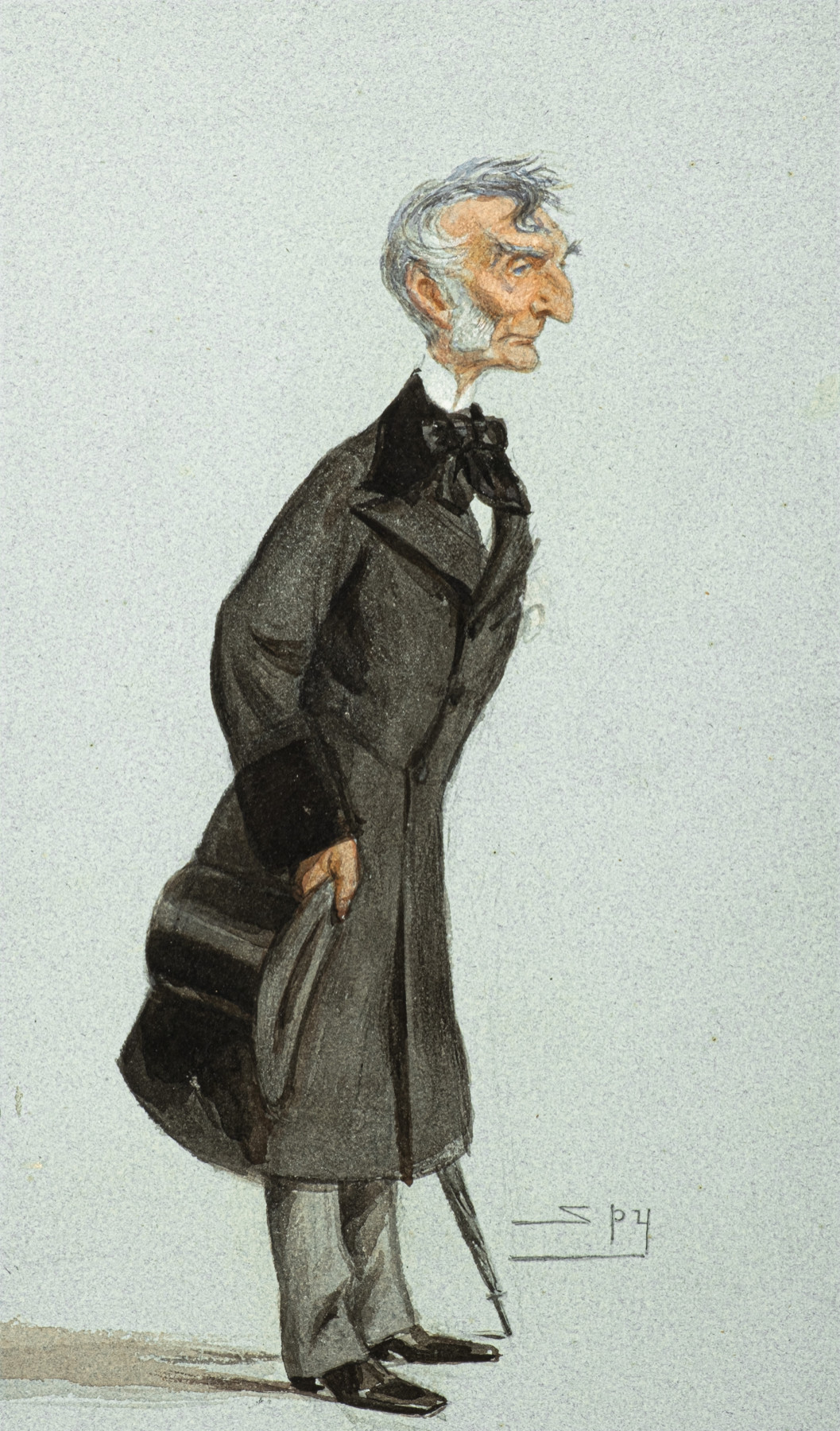
(click image to enlarge)
Yorkshire-born James Taylor Ingham (1805-1890) was called to the bar at the Inner Temple, and initially joined the northern circuit, becoming a magistrate in london in 1849, he was made Chief Magistrate of London in 1876, sitting at Bow Street. Later that year, he was knighted at Osborne House.
mounted
“The Chief Magistrate at Bow Street was born in the year in which the reign of King George the Third was glorified by the Battle of Trafalgar; consequently his early career is a matter of ancient history.
In the reign of King George the Fourth he was admitted as a student at the Inner Temple; and in the reign of King William the Fourth he graduated as an M.A. at Trinity College, Cambridge, and was called to the Bar. He joined the Northern Circuit and practised at the West Riding Sessions, most naturally, since his father - Mr. Joshua Ingham, late of Blake Hall and Knowle House - was a Yorkshire gentleman; but his prowess as an advocate has faded out of living memory.
Two years before Queen Victoria came to the Throne, he married a Miss Penrose, from Ireland; and in 1849 he was appointed one of the Magistrates of the Thames Police Court. In 1876 he succeeded the late Sir Thomas Henry as the Chief of the twenty-three Metropolitan Police Magistrates, which position he still efficiently occupies, and was honoured with a Knighthood in return for his very protracted services.
He is a Justice of the Peace for the West Riding of Yorkshire, for Middlesex, and for Berkshire; he understands his business perfectly well, although his eighty-first birthday is over and gone; and there appears to be plenty of life in him yet.
Sir James Ingham is an ornament to the Magisterial Bench. His vast experience renders him extremely reliable in all that he does. He is an authority on International Law; wherefore cases involving points of difficulty under the various Extradition Treaties are always taken to Bow Street. His name is connected with all the Police Court causes- célèbres which have arisen during the last dozen years, from the trials of the Dynamitists for treason-felony down to the investigation of the locus standi of so-called proprietary gambling clubs. He displays a nose betokening much shrewd sense. His manner is courteous, with a quietly sarcastic tinge which is often very effective; yet he is a dignified Magistrate, never descending to that buffoonery which comes so ill from the Bench, and his Court is therefore always well ordered. He is a rival to Vice-Chancellor Bacon in his green and vigorous old age. He is a gentleman, and he draws a salary of £1800 a-year.”